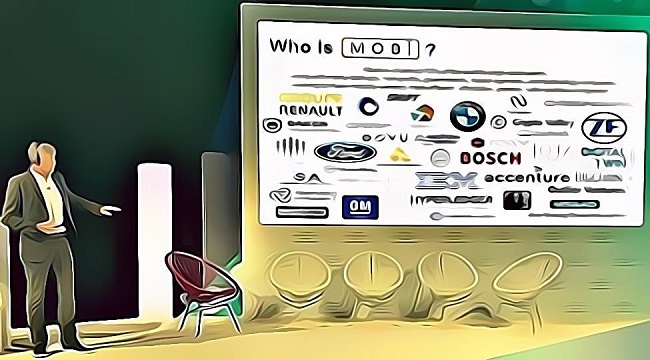A blockchain-based identification system is due to be launched in the U.S. markets, whose primary job will be to allow the drivers to pay their parking fees or highway tolls through a digital currency.
The project has been undertaken by Mobility Open Blockchain Initiative (MOBI), an international consortium of prominent companies from the auto industry. MOBI is comprised of five key companies from the automobile industry to finesse this concept; they include BMW, Ford, General Motors, Groupe Renault, Honda.
In September, MOBI moved to test the implementation of the first Vehicle Identity (VID) standard, released earlier this year. The testing covered a major milestone in the development of a blockchain-based economy movement.
After the feasibility of VID was established, the members of MOBI took on the greater challenge to inculcate a digital payment system that identifies each vehicle separately and deducts the parking fees or highway tolls automatically from the driver’s digital wallet. If this new design takes off in the market, the drivers in the U.S. will not have to take out their wallets for payment of miscellaneous vehicle-related fees.
Members of MOBI are targeting payments such as tolls, maintenance charges and even rest stop snacks being recorded in a database that used the vehicle’s ID as a primary key to store all records of charges and deduct them all at once when the vehicle is plugged in to charge.
Digital payment systems such as this rely on blockchain technology to make it easy to attribute payments to a vehicle rather than an individual or a company. This in turn allows for low-cost micropayments to take place in an encrypted, secure and fast medium that connects two certified parties. This can be seen as a crucial step towards pay-per-use mobility and mobility-as-a-service.
Blockchain to Improve the Automobile Industry
Andre Luckow, the head of emerging technologies at the BMW Group commented that “the Vehicle Identity Standard is a critical enabler for future blockchain-based vehicle and mobility services.”
MOBI is looking forward to adding more companies to substantiate its initiative and design a more comprehensive VID based proof of concept that can be implemented across the board. These companies will primarily work with current members to bring into effect real world applications backed by VID with blockchain and distributed ledger technology.
The executives from MOBI hope that the VID system will allow the government and transit operators to reduce congestion, pollution, and generally make vehicle mobility a safer, greener and more affordable option.






